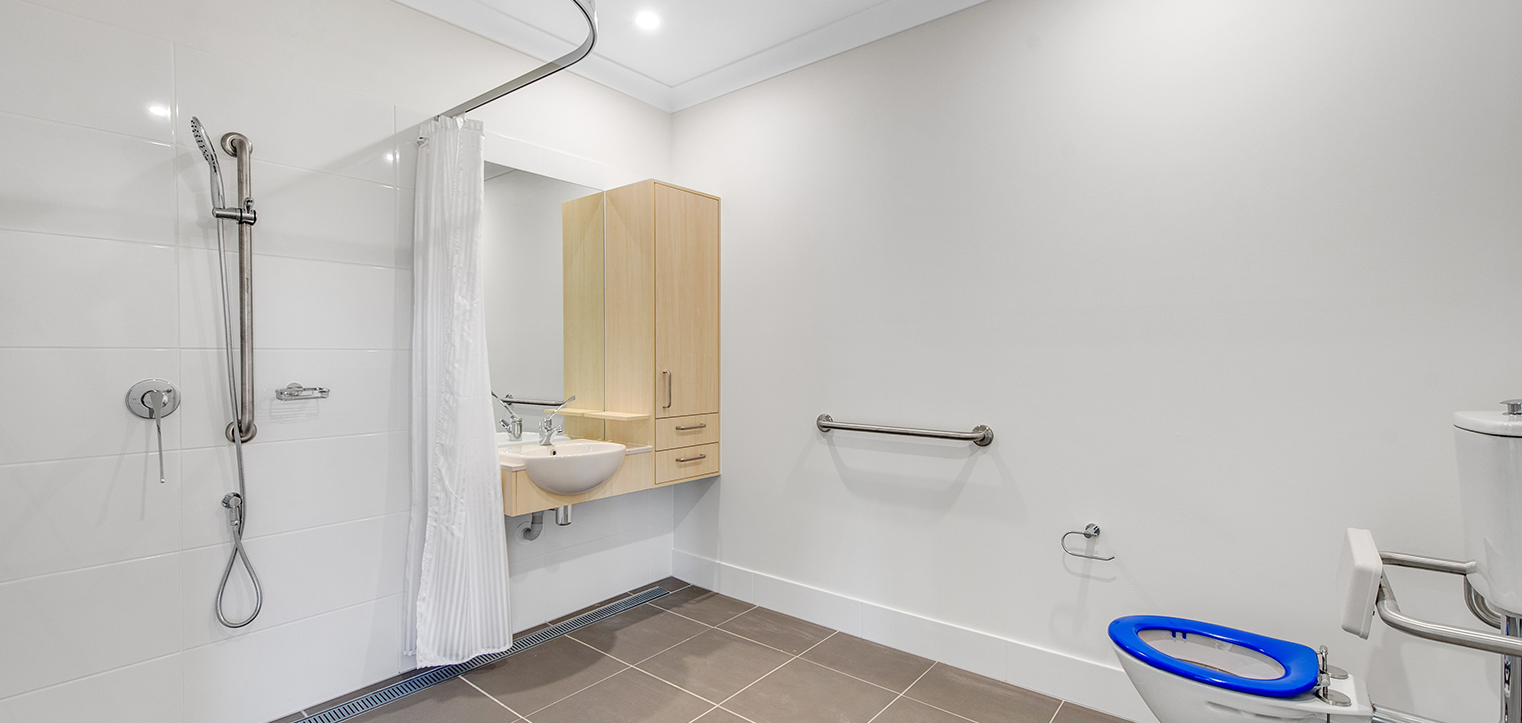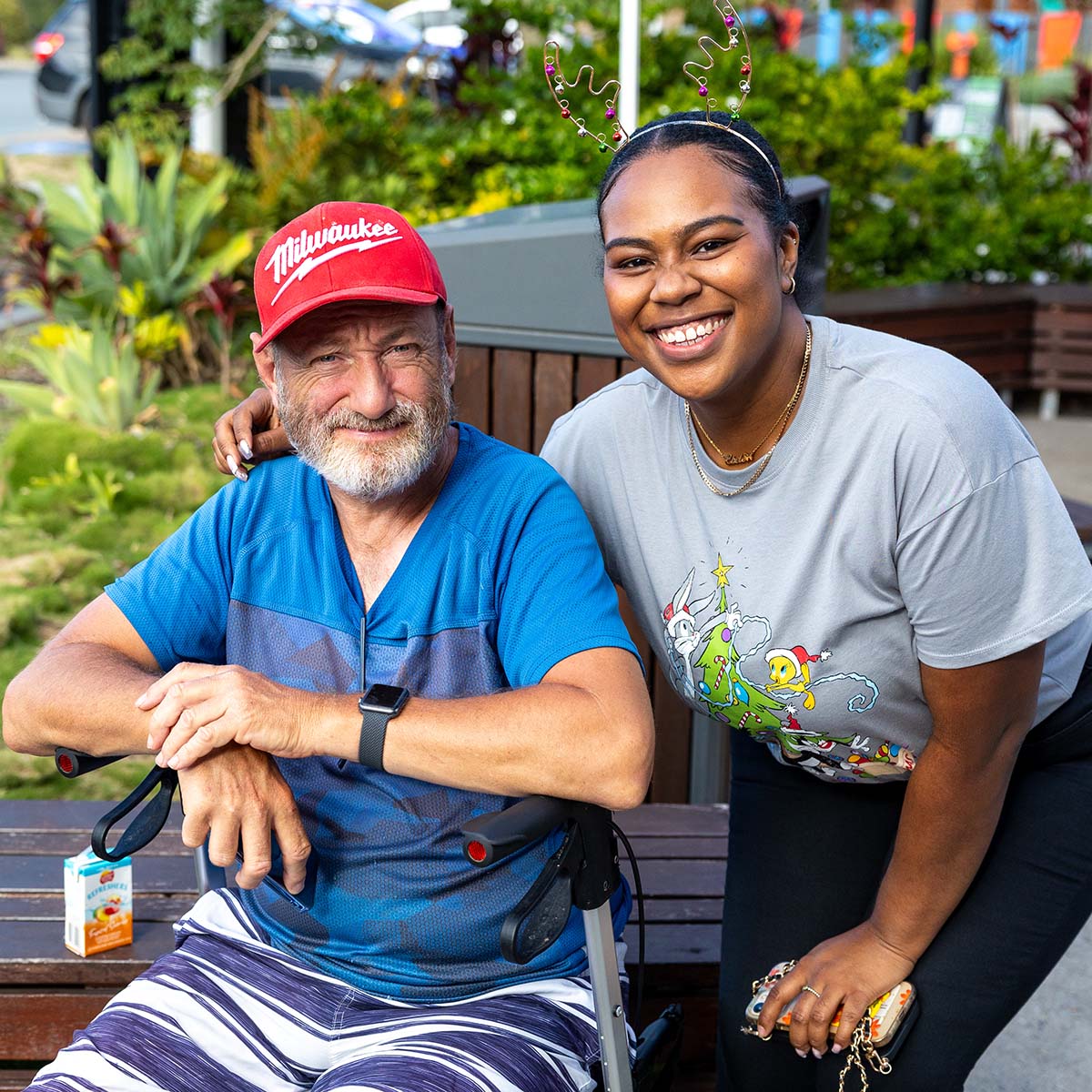
Ageing is a journey that we all embark upon, but for people with disabilities, this path often comes with its own set of distinctive challenges.
As we age, it’s crucial to recognise and address the specific healthcare considerations, housing needs, and support systems required to ensure a dignified and fulfilling life.
One of the primary concerns for individuals with disabilities as they age is healthcare. As the body ages, existing medical conditions may become more complex, and new ones may arise. Access to specialised care, regular check-ups, and adaptive equipment becomes increasingly essential. A robust healthcare plan tailored to individual needs is crucial to maintain well-being.


Housing is another critical aspect of ageing for individuals with disabilities. Finding accessible and adaptable living spaces that accommodate mobility aids and provide necessary support can be a significant challenge. Modifications to existing homes or the search for disability-friendly housing options often become a priority.
Housing choices should also consider proximity to medical facilities, support networks, and accessible transportation. As individuals age, living independently in a familiar and accessible environment is a goal many aspire to achieve.
Support systems play a pivotal role in the ageing process. Individuals with disabilities often rely on a community of caregivers, friends, and family members who assist with daily tasks. As ageing brings changes in mobility and health, the need for reliable and compassionate support grows.
It’s essential to build a strong and inclusive support network that understands the evolving needs of people living with disabilities as they age. This network should include access to caregivers, healthcare professionals, support groups, and community services.


While ageing with a disability presents unique challenges, it is important to emphasize that it is also a journey marked by resilience, determination, and strength. With the right healthcare, accessible housing, and a supportive network, individuals with disabilities can maintain their independence and quality of life as they age.
Advocating for disability rights and accessibility in society is an ongoing effort that benefits not only individuals with disabilities but also the ageing population as a whole.
Supporting the aged disabled community involves empathy, understanding, and practical assistance.
Contribute to their well-being by volunteering with local organizations, providing companionship to combat loneliness, assisting with daily tasks like grocery shopping, and supporting caregivers through respite care.


You can also engage in activities such as raising awareness about their challenges, advocating for accessibility in public spaces, educating yourself on different disabilities, organizing inclusive social activities, making financial contributions to relevant causes, offering transportation assistance, advocating for policy changes, and promoting inclusivity in community events.
Each effort, no matter how small, plays a crucial role in enhancing the lives of the aged disabled community. Small acts of kindness can make a significant impact, so tailor your support to individual needs and always approach interactions with respect and dignity.